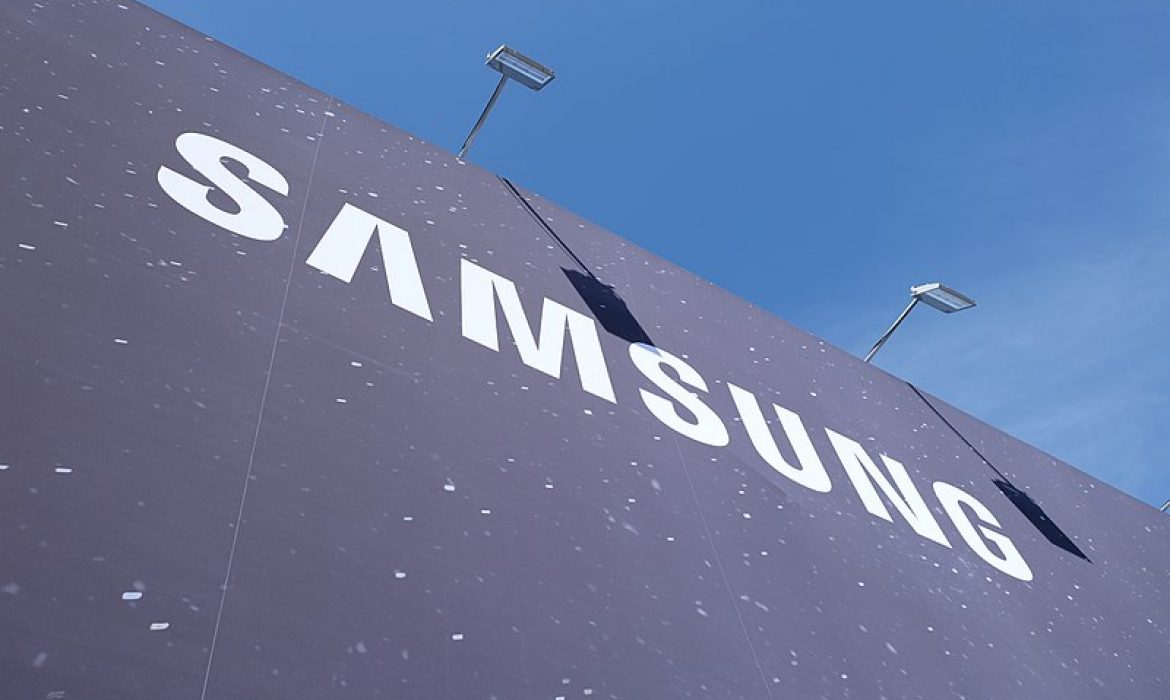In an unexpected move that marks a significant change in the dynamics of the TV market, Samsung has signed a contract with its South Korean competitor, LG, to buy OLED TV panels. According to Reuters, this groundbreaking deal will result in LG Display supplying Samsung with high-quality 77- and 83-inch OLED panels. This agreement not only marks a major milestone in the relationship between the two companies, but also underscores Samsung’s strategic course to adapt to changing market demands and increased competition.
Unprecedented collaboration:
For years, Samsung and LG have competed fiercely in the television industry, fighting for market dominance. However, this contract represents the first official purchase of OLED panels from LG by Samsung. This unexpected collaboration underscores that Samsung recognizes LG’s expertise in OLED technology and its willingness to use that knowledge to improve its television offerings.
Correcting past miscalculations:
Samsung’s decision to purchase OLED panels from LG was the result of a reassessment of their previous strategies. In 2015, Samsung stopped producing OLED TVs, citing the high cost of the panels and a lack of market demand for such high-quality displays. Instead, Samsung focused on promoting its QLED TVs, a variation of LED LCD technology that offered cheaper alternatives but were inferior in display quality. However, OLED TVs continued to dominate the premium market segment, prompting Samsung to return to the OLED space with its QD-OLED TV last year.
Increased profitability for LG Display:
This deal gives LG Display a significant opportunity to improve its profitability in the highly competitive LCD panel market, especially from Chinese companies. By signing a contract with Samsung, LG Display will be able to attract a significant customer base and provide a steady stream of income. This move strategically positions LG Display to leverage its expertise in OLED production and strengthen its position as a leading supplier of premium display panels.
Projected panel shipments:
According to knowledgeable sources, the contract calls for LG Display to sell 2 million OLED panels to Samsung in 2024. That figure is expected to rise to 3 million in 2025 and increase even more to 5 million panels in 2026. These projections underscore Samsung’s desire to incorporate OLED technology into its TV lineup and point to the growing demand for OLED displays in the market.
Adopting Market Dynamics:
Samsung’s decision to purchase OLED panels from LG demonstrates an acceptance of market changes and a willingness to adapt to them. As OLED technology continues to gain popularity among consumers due to its superior picture quality, Samsung is seeking to meet the growing needs of its customers by integrating these high-quality panels into its TVs. By doing so, Samsung seeks to regain its competitive edge in the premium TV segment.
Conclusion:
The recent contract between Samsung and LG for OLED TV panels marks a revolutionary shift in the TV industry landscape. Samsung’s decision to partner with its South Korean competitor reflects a strategic move to adapt to changing market dynamics and address its previous blunders regarding OLED technology. This unexpected collaboration underscores the growing importance of OLED displays and their ability to provide consumers with an unparalleled visual experience. As LG Display acquires a significant customer in Samsung, it is positioning itself to capitalize on the growing demand for OLED panels and solidify its reputation as a leading display manufacturer. Ultimately, this partnership paves the way for future innovation and sets a new precedent for collaboration in an industry characterized by fierce competition.
